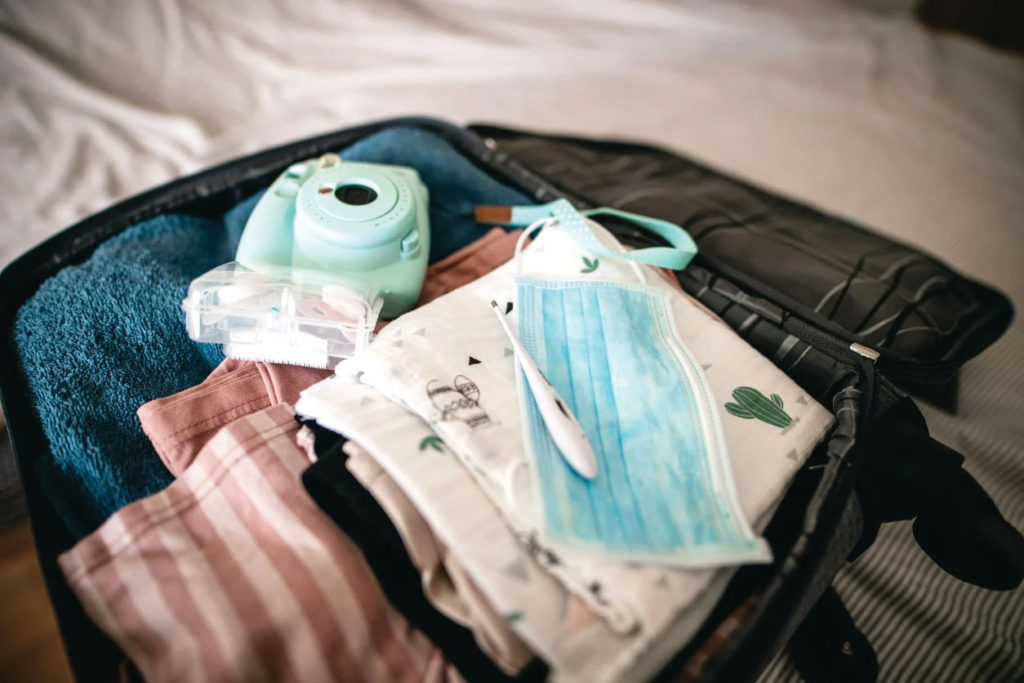If you’re the parent of a medically complex child, you’re probably used to the unexpected.
It’s crucial, especially with everything happening with COVID-19, to prepare for anything, including a medical crisis at 2 a.m, an unexpected surgery, or a routine procedure that turns into an overnight hospital stay. Hospital rules and regulations have been fluctuating during the pandemic. Sometimes, parents must stay in the room with their child, with limited access to other hospital areas.
Prepare for impromptu hospital stays ahead of time
You may have experience packing bags for a planned hospital stay, but it’s also a good idea to have a “to-go” hospital bag packed and ready in case of an emergency.
I can tell you from experience that preparing ahead of time for a medical emergency is a must because, during a crisis, you’ll be focused on your child and not what you may need for an impromptu hospital stay.
When he was two years old, our youngest son, who has chronic lung disease, was admitted to our local hospital for pneumonia. Around 10 p.m. that night, he was stable, so I drove the short distance home to get a quick nap and a change of clothes. Then, at 1 a.m., my phone rang. His oxygen saturation had dropped so quickly and drastically that they had put him on a ventilator and were waiting on a life flight to UC Davis Children’s Hospital in Sacramento. I hastily threw some stuff in a bag, not considering that we would be in the pediatric intensive care unit for the next ten days.
Hospital gift shops and cafeterias have limited essential items
These options are handy, but the costs add up, and they don’t have much. The Ronald McDonald house or Kiwanis House have more creature comforts and are an option for families with children staying in the hospital, but there is no guarantee there will be any rooms available on short notice.
When an emergency room visit turns into an admission, especially to a hospital far from home, it can be a sanity saver to have some comfort items and the basics at your fingertips.
The first thing to do is invest in a good-sized bag — about the size of a small carry-on with wheels for more accessible transport. Try to make it a rule not to “borrow” items from your bag because it’s easy to forget to replace them.
Checklist for your To-Go Bag
• A couple of sets of clothes for you and your child
• A copy of prescriptions in case you forget to pack a prescription bottle
• A folder with copies of insurance and doctor’s information
• Pertinent medical information. Many healthcare facilities have patient portals where you can access records with a couple of clicks. It saves having to remember and lug around a bulky medical binder.
• Some over-the-counter medications, such as aspirin or ibuprofen, because those may not be readily available for non-patients
• Magazines or books
• Non-perishable snacks
• Flip flops
• Hygiene items such as toothbrushes, toothpaste, menstrual items, and deodorant
• Eyeglasses, contacts, hearing aids, hearing aid batteries
• Your child’s favorite cup if they have one. This makes getting them to drink easier in the unfamiliar hospital environment.
• A few extra medical supplies that the hospitals may not have in stock, such as extra feeding tubes, extension and syringes, feeding bags, extra tracheostomy tubes, and ties
• Bottled water
• Extra masks for you and your child (if they’re over two years old). If you prefer cloth masks, bring a container or bag to store dirty ones until you can launder them.
• If your child is still in diapers, the hospital typically provides diapers and wipes, but it’s always a good idea to pack a few extras in the bag.
• Activities for your child like a sticker pack or electronic device, and DVDs. Hospitals usually have portables or TVs equipped with DVD players.
Checklist for last-minute items
These can’t be packed away for an extended period of time, so keep them near the bag or right on top of it so you remember to bring them along.
• Daily prescription medication and supplements
• Phone and charger
• Child’s tablet or device with charger if they have one
• Suction machine, feeding pump and any other medical equipment regularly used
• Purse or wallet
• Comfort items for your child, like a pacifier, blanket, favorite book, small toy, or stuffed animal
• If your child has sensory issues, additional comfort items like a fidget spinner, noise-canceling headphones, “chewies,” or a sleep mask.
Planning can go a long way to making the hospital stay bearable
With some planning and forethought, you can be prepared for an emergency, so don’t wait until the last minute to pack your bag.
Each situation is unique, and you should tailor your packing list to fit your specific needs. Just remember that items like extra clothes, snacks, medications, and activities for your child — and you — can go a long way in making any hospital stay more bearable.
Posted in: Special Needs
Comment Policy: All viewpoints are welcome, but comments should remain relevant. Personal attacks, profanity, and aggressive behavior are not allowed. No spam, advertising, or promoting of products/services. Please, only use your real name and limit the amount of links submitted in your comment.
You Might Also Like...
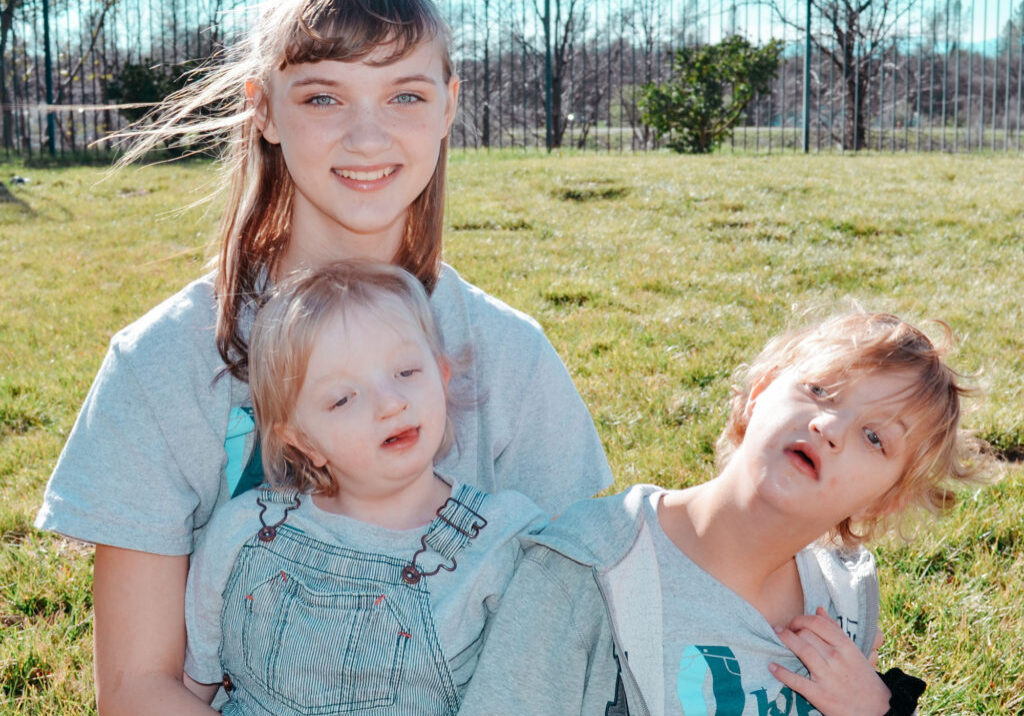
Rare Genes Day – Raising Awareness in the North State
Rare Disease Day — also known as Rare Genes Day — is a globally coordinated movement that takes place around the last day of February, and will be celebrated with […]

Cooking — A Functional Life Skill That Fosters Independence
Functional skills are the abilities that enable a person to be independent. One of the most important goals of any parent or caregiver of a child with special needs is […]

Halloween Tips for Families Of Kids With Diverse Abilities
Although Halloween can be a fun time for kids of all abilities, it often can be overwhelming for kids with special needs. They may have trouble with the loud noises, […]
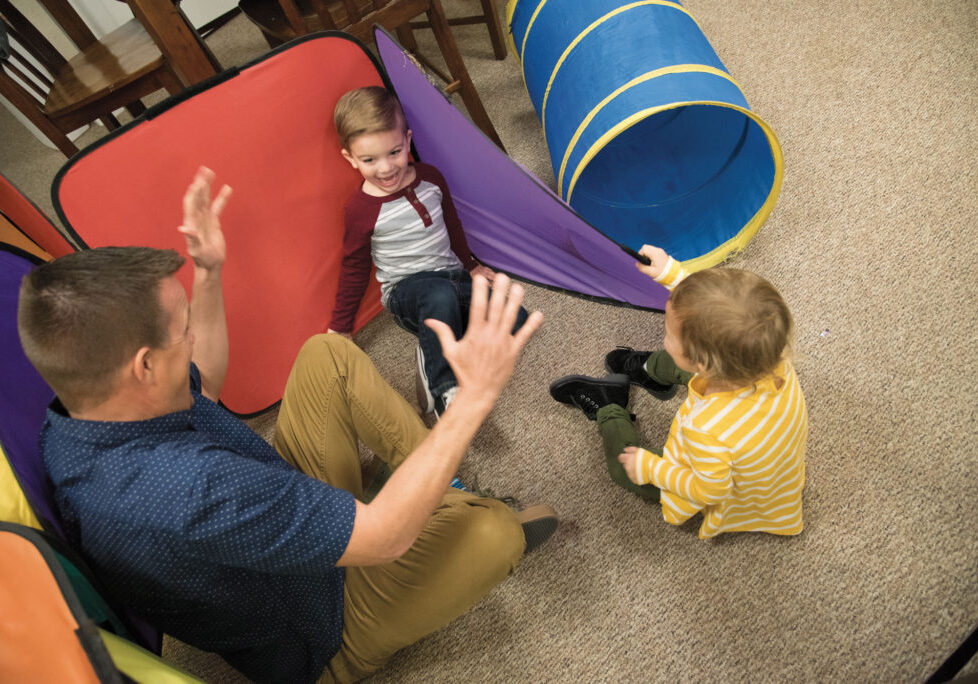
Parent Infant Programs: Early Intervention in the North State
Being a parent can be a wonderful and life changing experience. It can also be extremely stressful and demanding, especially if your child is experiencing development challenges. It is natural […]
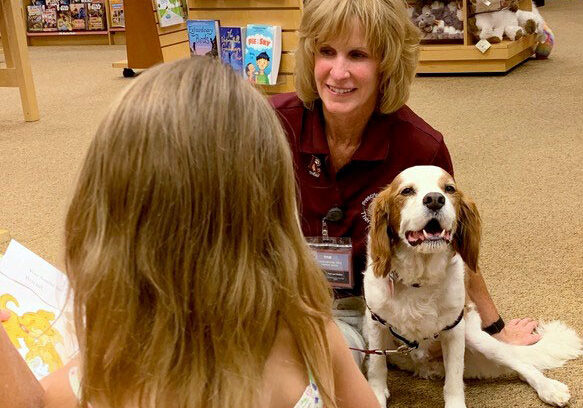
Prescription Pets and Therapy Dogs
Prescription Pets Therapy Dogs Program – Redding, CA The healing power of pets It’s a well-known fact that animals can be therapeutic. Animals not only connect with people in a […]
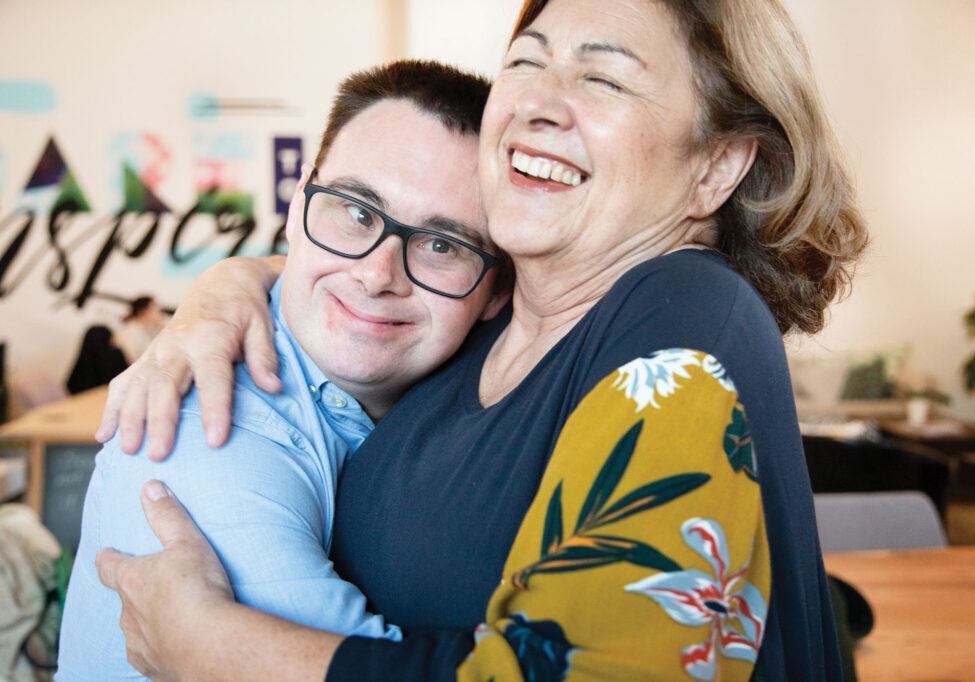
California MENTOR’s Family Home Agency Provides Housing Solutions for Disabled Adults in the North State
Adults with intellectual and developmental disabilities often face unique challenges in accessing quality housing, community participation and care services. Traditional group homes or institutions often lack the personal touch and […]



